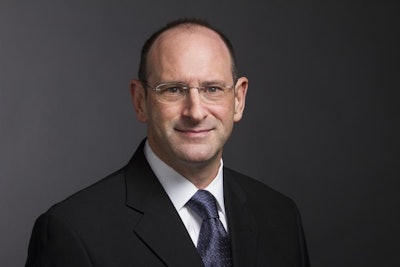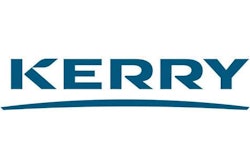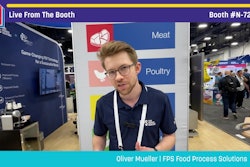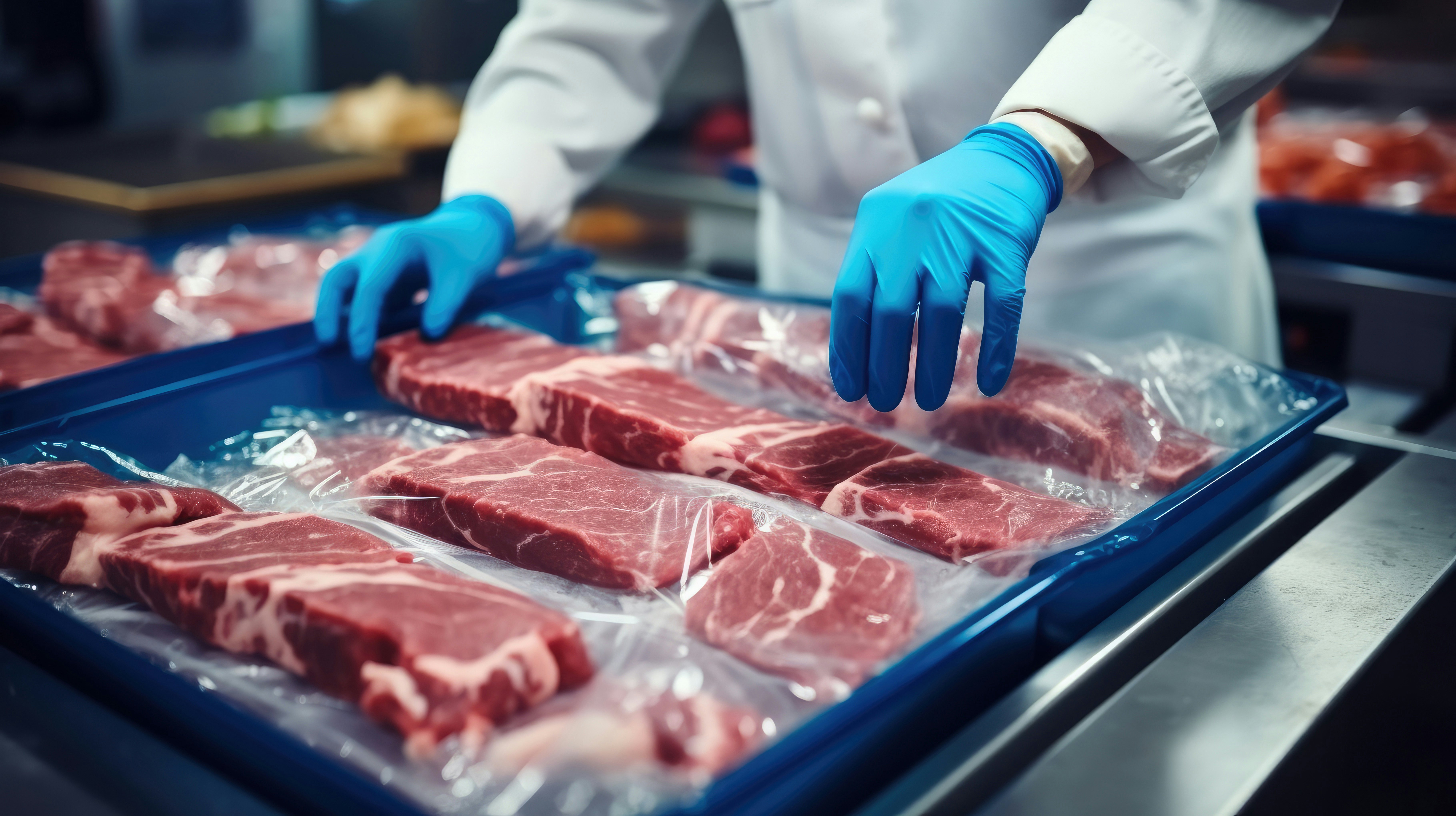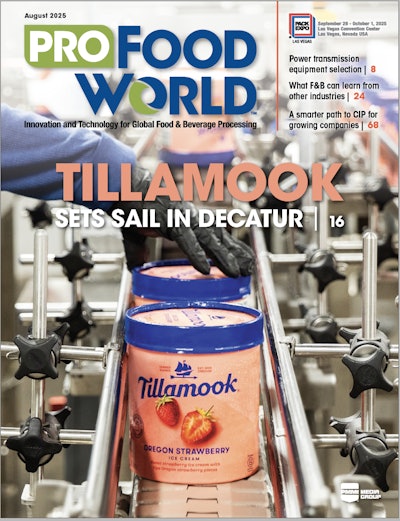Do you stop on the very day it’s literally prohibited by law, or before that, at the first whiff of public controversy, or somewhere in between?
It’s not a theoretical question. Instead, it’s a supremely practical one, as the substances in food packaging are garnering more attention perhaps than ever before. Think of examples like the recent controversy and legal actions against uses of bisphenol A, as well as the new model law that a number of U.S. states are likely soon to adopt that essentially bans PFAS and phthalates, and the EU officials who have declared titanium dioxide not fit for use in food (is packaging next?).
I posed the “when” question to a number of folks in various roles in the packaging industry. They turned out to have well-reasoned, articulate responses, as expected from experienced professionals, and while the themes of their comments were in some respects predictable—for example, that large companies have more resources than small ones to track these issues and be proactive—there were some surprises and some excellent advice for those who want to better adapt to changing times.
One official at a large food brand says they try not to be influenced by public pressure alone, and although they will work to find alternative materials to substances deemed controversial, “We are responsive to consumers, and we are informed by science.” Although “public perception is a component” of their decisions, it’s not determinative. What’s more, this official opines that reacting to legislative proposals is seldom warranted, and predicts that the recent updates to the Toxics in Packaging Clearinghouse model legislation are unlikely to get widespread adoption.
Says an official of a major packaging supplier, “The decision to phase out of a material is based on numerous factors. Of course, the first one is if the material is being banned in geographies that cover too much of your intended product area to continue use in other areas. After that it is based on a scientific risk assessment of the actual risk from that material.”
PACK EXPO Las Vegas and Healthcare Packaging EXPO (Sept. 27-29, Las Vegas Convention Center) will reunite the packaging and processing community. With over 1400 exhibitors, no other event in 2021 will bring together a more comprehensive gathering of suppliers offering new products, technologies and solutions. Attendee registration is now open.
They also commented that, “Often the headlines about the danger of a material do not match the actual risk to consumers based on extremely low exposures. Then the final decision is based on if the material is an important component of your final product. If it can be removed without major reduction in the performance of the final product, it is often easier to just remove a material that has the potential to be a PR problem.”
Another food packaging official, also with years of experience at a big brand, takes a practical view of the “when” question. They note that generally, “The day a company moves away from a substance is the day when they find a suitable alternative at an affordable price.” Companies that use packaging and have the ability to plan ahead should do so, and “Unless they’re foolish and the company has its head in the sand, they should be looking for those alternatives before the law bans them.” Communication up and down the supply chain is crucial, they say, with, ideally, users telling converters their needs, and converters passing along those messages to their suppliers. It’s easier said than done for smaller companies than it is for larger ones.
One regulatory official at a large packaging converter is acutely aware of the unique characteristics of their company’s role. “Plastics converters are often caught between the brand owners and suppliers of innovations. Brand owners are, more often, the first to drive a change due to public perception whereas material suppliers are driven more by regulation implementation/bans or larger market shifts to drive change. As a converter, the best approach is to combine the two landscapes, based upon frequency of brand owner inquiry and feedback from suppliers, so a solution can be identified before there is a public outcry that will manifest into a prohibitive regulation.”
When you pose the “when” question to a former federal food agency official and food company product development executive who is now an industry consultant, they opine that the difference in companies’ approaches “depends on how sophisticated they are.”
Companies who can monitor developments and anticipate changes should use a mixture of tools. They should keep tabs on social media—whether the information there is truthful or not—to gauge consumer values, and on the policy world, such as legislators and regulators, consumer protection activists, and even court decisions. How? “One way to be nimble enough is to track all these trends,” with in-house personnel for larger companies, or via consultants for smaller ones. (I’d be remiss if I didn’t add Packaging World as well.)
While “Perception, whether factual or not,” should play a role in guiding a company’s assessment of risks, they add that risks or threats of change can sometimes be opportunities. If private rather than legal pressures induce your company to stop using a substance, for example, you might tout that fact in your marketing materials, turning the change to your advantage.
In summary, these choices are individualized. Each company needs to evaluate a number of pressures, and weigh its own priorities, to help it answer the “when” question.
Eric Greenberg can be reached at [email protected]. Or visit his firm’s Web site at www.ericfgreenbergpc.com.
INFORMATIONAL ONLY, NOT LEGAL ADVICE.
